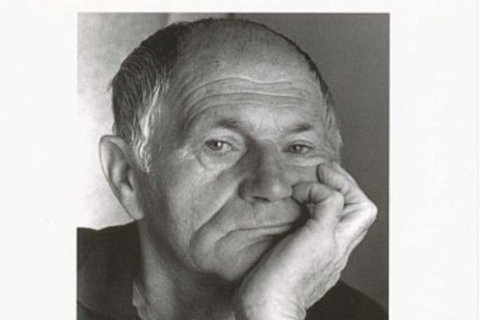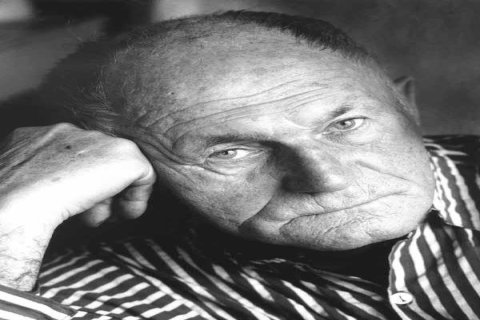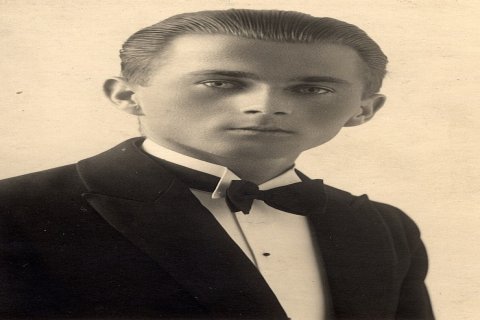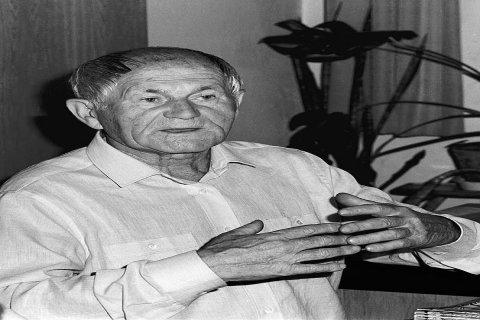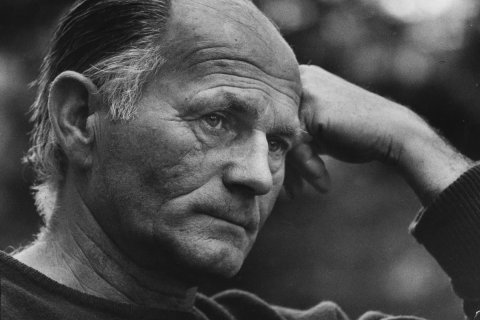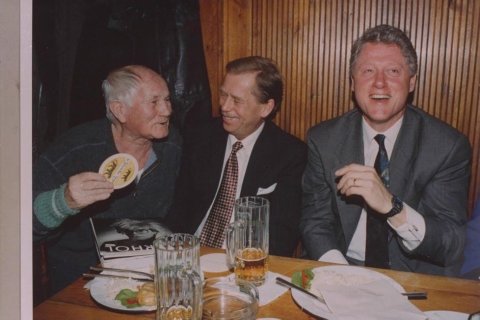Bohumil Hrabal
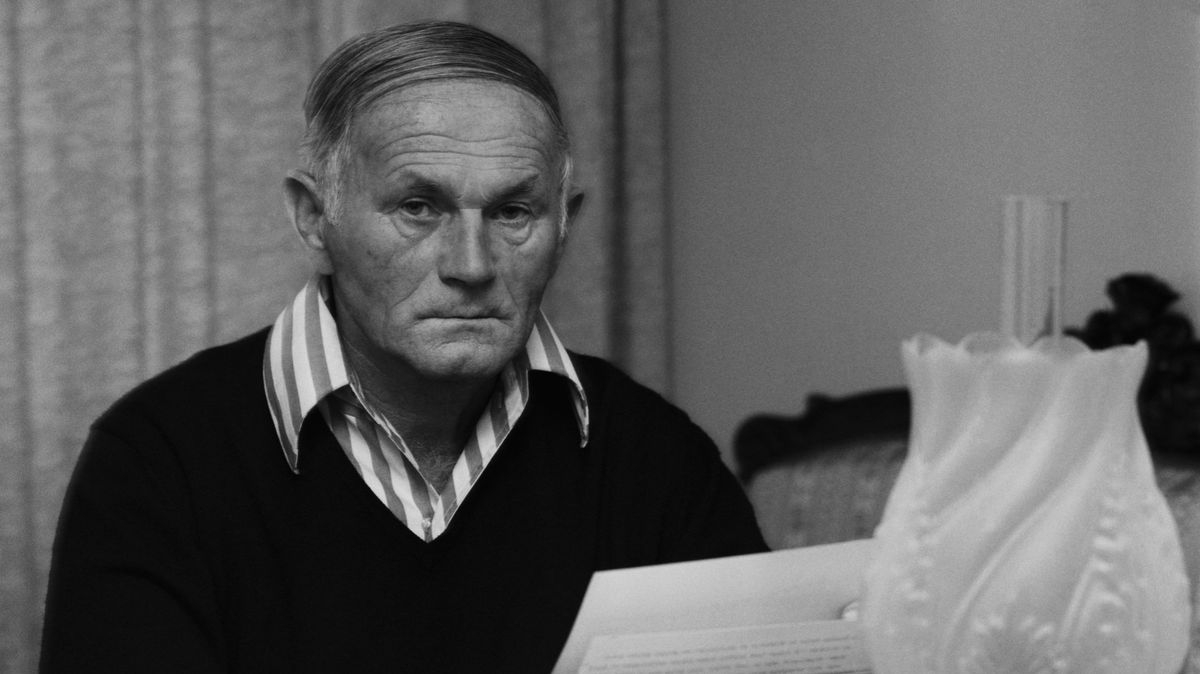
Bohumil Hrabal: The Celebrated Czech Writer and His Enduring Legacy
Bohumil Hrabal, a towering figure in Czech literature, left an indelible mark on the literary landscape with his poignant tales of everyday life, absurdity, and the indomitable human spirit. Born in Brno, Czechoslovakia, on March 28, 1914, Hrabal's life was as colorful and captivating as his writings.
Early Life and Influences: Hrabal's childhood was shaped by the tumultuous events of World War I and the subsequent collapse of the Austro-Hungarian Empire. His father, a brewer, instilled in him a love for language and literature. Hrabal's early influences included the works of Jaroslav Hasek, Karel Čapek, and Franz Kafka, all of whom would later shape his unique literary style.
Literary Career: Hrabal's literary career began in the 1950s, coinciding with the political and cultural thaw of the post-Stalin era in Czechoslovakia. His early works, such as "The Cutting Down of the Big Tree" (1955) and "Dancing Lessons for the Advanced in Age" (1964), showcased his remarkable talent for capturing the essence of everyday life and the absurdity of human existence.
Masterpieces and International Recognition: Hrabal's international breakthrough came with the publication of "Closely Watched Trains" in 1965. This poignant and darkly humorous novel, set during World War II, explores the themes of love, loss, and the futility of war. The novel was later adapted into an acclaimed film by Jiří Menzel, winning the Academy Award for Best Foreign Language Film in 1967.
Hrabal's subsequent works, including "I Served the King of England" (1971), "Too Loud a Solitude" (1976), and "Harlequin's Millions" (1981), further cemented his reputation as a master storyteller. His writings resonated with readers around the world for their honesty, humor, and profound insights into the human condition.
Censorship and Political Turmoil: Hrabal's career was not without its challenges. His works often ran afoul of the communist regime in Czechoslovakia, which deemed them politically subversive. Some of his books were banned, and he faced constant surveillance and harassment. Despite these obstacles, Hrabal remained steadfast in his commitment to artistic freedom and continued to write, often resorting to samizdat (clandestine self-publishing) to circumvent censorship.
Legacy and Impact: Bohumil Hrabal's impact on Czech literature and beyond cannot be overstated. His works have been translated into more than 30 languages, reaching a global audience. His writing style, characterized by its colloquialisms, stream-of-consciousness narrative, and blend of humor and pathos, has inspired generations of writers.
Hrabal's ability to capture the essence of human experience, his celebration of the ordinary, and his defiance of authority continue to resonate with readers worldwide. His works serve as a testament to the power of literature to transcend political and cultural boundaries and to illuminate the universal truths of the human condition.
Bohumil Hrabal passed away on February 3, 1997, leaving behind a rich and enduring body of work that continues to captivate and inspire readers to this day. He remains one of the most celebrated Czech writers of all time, and his legacy as a master storyteller lives on.

